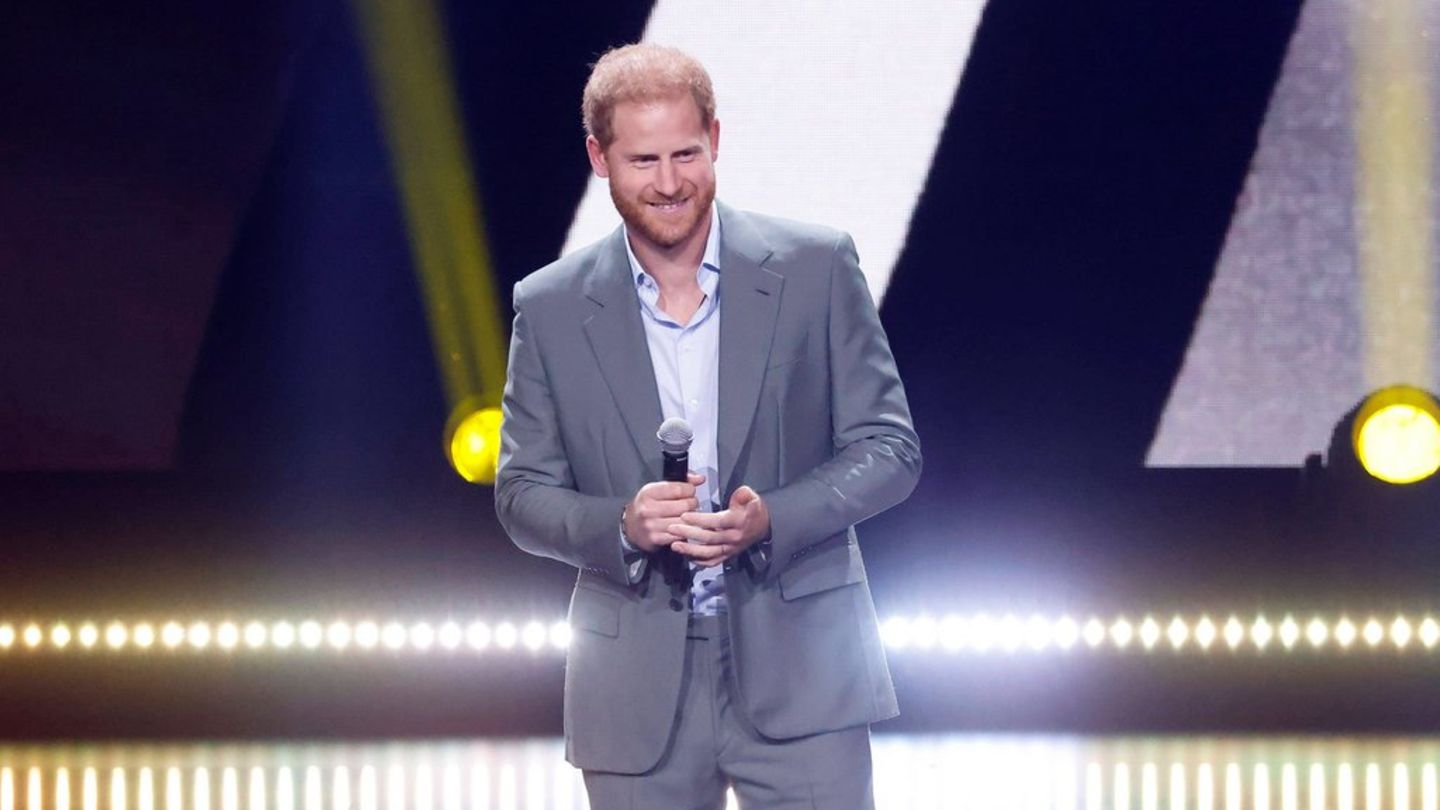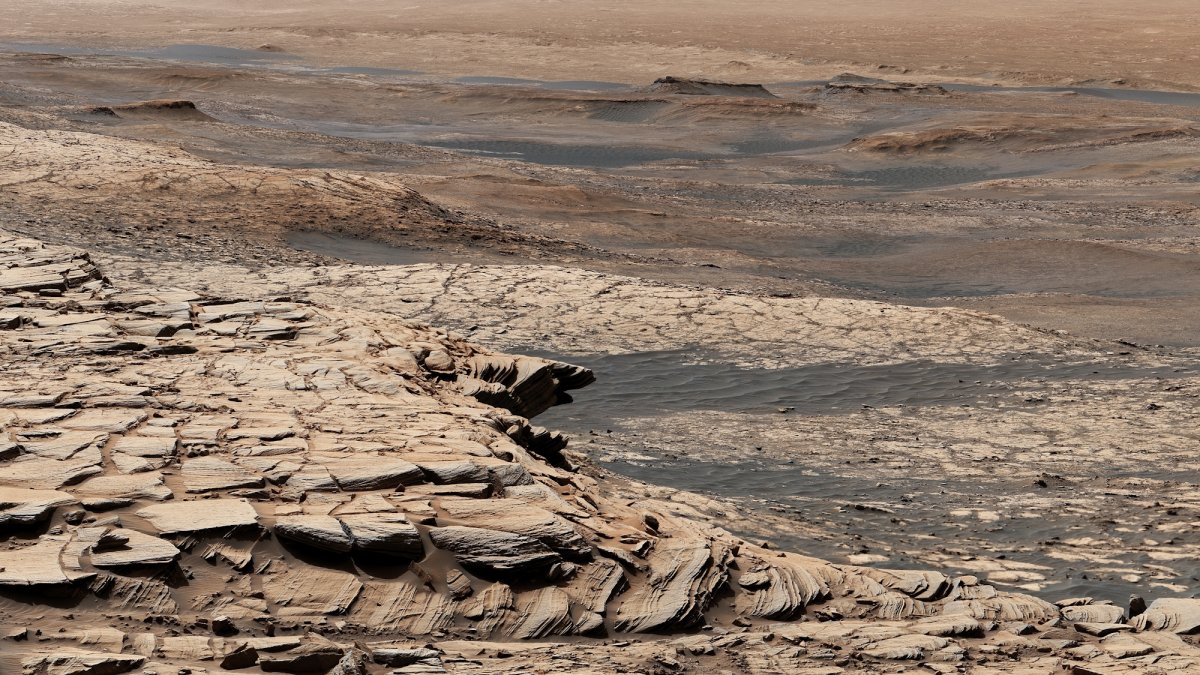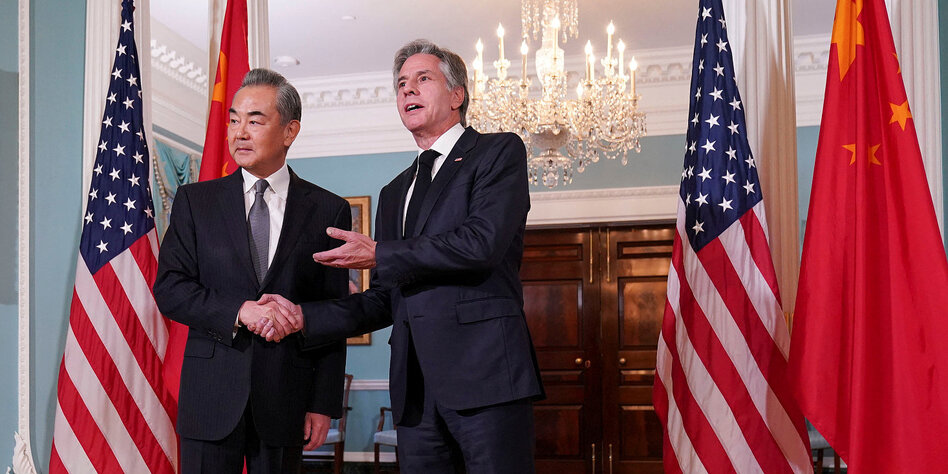Talks between the US and China have eased recently. President Xi is now planning to travel to the US for the first time since the pandemic.
Chinese Foreign Minister Wang Yi and US Secretary of State Anthony Blinken in Washington in 2023 Photo: Sarah Silbiger/Reuters
Beijing taz | It’s days like these that make it clear how difficult it is to practically manage an escalation between two world powers: When two foreign ministers, Wang Yi and Anthony Blinken, met in Washington for a well-intentioned meeting, something happened at the same time. Time for a dangerous maneuver in the South China Sea: A Chinese fighter jet came within meters of a US B-52 bomber. And both sides blamed each other for the incident.
Nevertheless, the case does not obscure the fact that bilateral relations between Washington and Beijing have grown in a positive direction in recent weeks. What previously seemed impossible has long since happened: the two governments are once again holding regular high-level and constructive discussions.
Perhaps the clearest sign of containment came on Wednesday when California Gov. Gavin Newsom had a rare and surprise audience with Xi Jinping. This is the first time in six years that a Chinese leader has met a US governor face-to-face. The official photographs undoubtedly made the atmosphere of the conversation very friendly.
The foreign guest’s rhetoric was very reserved. “I’m here with an open hand, not a closed fist,” Newsom said at his press conference in Beijing. The 56-year-old Democrat’s unequivocal message: It’s time to finally break the eternal cycle of escalation between the two world powers.
Learn from each other
The example of California shows that there are still practical, unifying issues between the two states: especially in the fight against climate change, they not only have mutual interests, but can learn from each other.
However, the thaw between Beijing and Washington is not based on tactical calculations. Although not yet officially confirmed, President Xi Jinping plans to travel to San Francisco for the upcoming APEC summit — and meet with President Joe Biden there. The visit will be a turning point in several respects: Since the pandemic, Xi has conducted almost exclusively in Beijing. His foreign visits so far have been limited to friendly countries like Russia.
For the international community, the lively interaction between the United States and the Middle Kingdom is a positive sign. The military saber-rattling around Taiwan and the South China Sea is relentlessly exposed again and again. Coordination and exchange are needed above all to prevent further misunderstandings.
At its core, however, the defining conflict of the 21st century will probably continue. Ultimately, it is about the future institutional order: the People’s Republic under Xi Jinping rejects Western hegemony and wants to realize its own vision of a multilateral world order — undoubtedly under Chinese leadership, with Vladimir Putin side by side.
So the current thaw may be the calm before the storm. But at least the desire to expand is clearly observed. Foreign Minister Wang Yi said Thursday in Washington that “deep” and “comprehensive” dialogue is needed to reduce misunderstandings and stabilize ties. After all, there are important challenges that both countries must overcome together. Nothing to add.

“Amateur coffee fan. Travel guru. Subtly charming zombie maven. Incurable reader. Web fanatic.”







More Stories
Prince Harry spoiled for choice: UK and USA love Invictus games
Prince Harry's heartache: England and USA bid for Invictus Games 2027
School Sports in America: A Playbook for Reformers